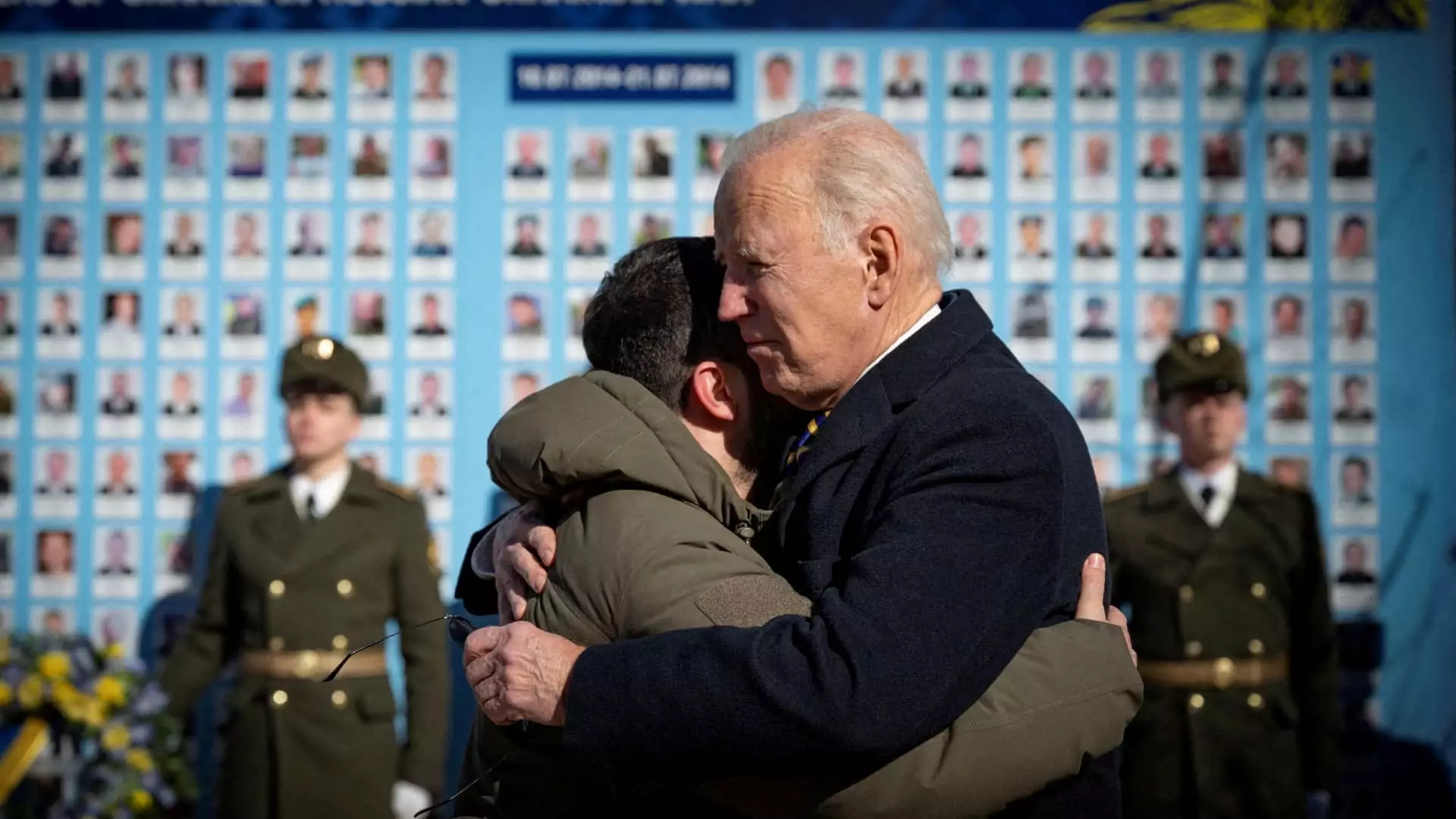In a notable pivot from previous U.S. military aid protocols, the Biden administration has reportedly authorized Ukraine to utilize American-supplied weapons to conduct operations deep within Russian territory. This significant development marks a crucial shift in the ongoing conflict, reflecting heightened tensions and the evolving dynamics on the battlefield. The implications of this decision could reverberate beyond immediate military strategy, as it reveals a deeper commitment to Ukraine’s sovereignty amid increasing external threats.
Operational Security and Strategic Reserves
As reported by several sources, Ukraine’s upcoming long-range strikes have been shrouded in a veil of operational security, with the military planning to launch these assaults imminently. The precise details regarding targets and tactics remain closely guarded, underscoring the necessity of maintaining security in an unpredictable landscape. This secrecy also illustrates the delicate balance required in military strategy, where revealing too much information could undermine the efficacy of operations designed to mitigate Russian advances.
The Context of North Korean Troops
The backdrop of this strategic shift includes the alarming integration of North Korean ground troops within Russian operations. This unprecedented collaboration has raised concerns both in Washington and Kyiv regarding the intensification of military pressures. By permitting Ukraine to engage Russian forces beyond its borders, the U.S. aims to bolster Ukraine’s defenses at a critical juncture when Russian troops are reportedly gaining ground, potentially altering the balance of power on the frontlines.
Continuing Debate among U.S. Officials
Despite the urgency of Ukraine’s predicament, skepticism persists among some U.S. officials regarding the potential outcomes of this new directive. There are doubts about whether empowering Ukraine to conduct long-range strikes will significantly alter the conflict’s trajectory or lead to a swift resolution. However, proponents argue that such a capability could enhance Ukraine’s negotiating position, should talks of a ceasefire emerge in the near future. This viewpoint suggests a strategic investment not just in immediate military action but in the overarching goal of fostering a sustainable peace.
As the January inauguration of President-elect Donald Trump looms, questions arise concerning the continuity of Biden’s policy decisions. Trump has been known for his critical stance on U.S. support for Ukraine, often expressing a desire to scale back military and financial aid. The uncertainty surrounding his administration’s foreign policy threatens to destabilize the current momentum achieved by Ukraine while also sending mixed signals to allies and adversaries alike. Some Republican lawmakers have echoed calls for a more permissive use of U.S. weapons by Ukraine, indicating a potential split in policy perspectives within the U.S. government.
In response, Russian authorities have warned that the loosening of operational restrictions on U.S.-provided weaponry for Ukraine would represent a significant escalation in hostilities. This threat underlines the precarious nature of the current situation in Eastern Europe, where military decisions are tightly interwoven with geopolitical realities. Therefore, as both Ukraine and Russia mobilize their forces amid changing policies, the stakes have never been higher, emphasizing the urgent need for careful diplomacy alongside military engagement. As the world watches, the unfolding scenario in Ukraine could redefine not only regional alliances but also the global approach to conflict resolution in an increasingly polarized geopolitical climate.


Leave a Reply